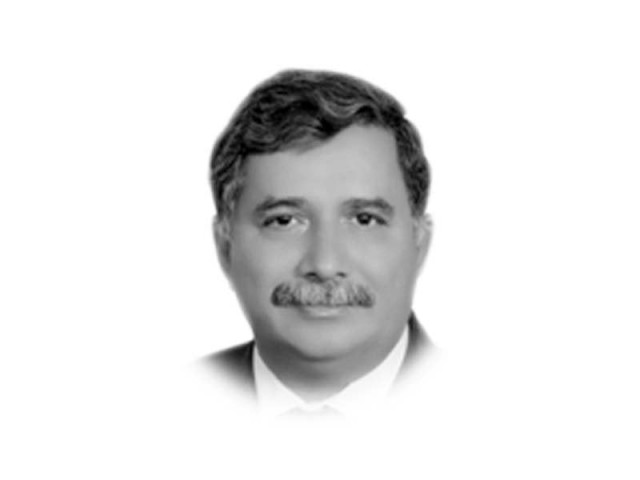Higher education and universities
The underlying purpose of all these statutory laws and policies is to enhance the quality of higher education

Higher education and universities
In the wake of such renewed demands, the promulgation of legal frameworks and education policies such as the Federal Universities Ordinance (FUO 2002) can be seen as an effort to enhance the quality of education to meet the dynamism of society and market demand. The avowed objective of the new legislative framework was to ensure that universities enjoyed autonomy while improving the governance and management in order to enhance the quality of higher education in the country. Like the federal government, the provinces more or less adopted the same pattern in their acts for the regulation of the universities, especially public sector universities. For instance, the preamble to the Khyber Pakhtunkhwa Universities Act 2012 highlighting the intent and purpose of the legislation, postulates to further improve the governance and management of the universities by ensuring accountability, transparency and giving due representation to all stakeholders in decision making, so as to enhance the quality of higher education in the province of Khyber Pakhtunkhwa.
The Higher Education Commission of Pakistan (HEC) in its mission statement claims to assist in the building of a modern, progressive and tolerant society that values the dignity of labour, craftsmanship, and the spirit of inquiry, critical and independent thought and public duty. The goal assigned to it is to mobilise financial, technical and social resources for enhancing the quality of educational institutions and for facilitating the reform process initiated within these institutions.
In a nutshell, the underlying purpose of all these statutory laws and policies is to enhance the quality of higher education. The obvious question is: why are universities in Pakistan, despite having such Acts and HEC guidelines, unable to achieve international benchmarks? Why has the University of Punjab, which is one of the oldest universities of the country, been ranked between 800-1000? Why is it that the ranking of six more universities is no better while the rest of the remaining charted universities stand nowhere in the world rankings?
One of the major reasons is that the focus is only on quantity and mass production of degrees, ignoring quality altogether. While accessibility to higher education is a lofty ideal by opening new universities in every nook and corner, compromising standards of higher education defeat the very purpose as set in the preambles of the aforementioned Act and guidelines. Ideally, a new university should start with, not more than five departments by recruiting the entire required faculty. Having ensured the quality of those departments, only then can the university embark upon opening a new department but that too keeping in view the availability of required human and financial resources.
A survey of the best universities in the world revealed that such universities accord the highest priority to research, student’s satisfaction, peer ratings, quality of library, impact factor journals and publication of books. This is why universities like Harvard and Oxford stand at the top of the pedestal. Universities in Pakistan are also required to set aside at least 10% of the institutional budget for research, but it is hardly done. Very few universities in Pakistan even have ‘Y’ category journals.
Although laws and policy guidelines for governing our universities are not poor when compared with the best universities of the world, the malaise stems from the disregard shown to the law, policy, best practices, conventions and ethical values. The vice chancellor is the nucleus of the university and upon his professional and administrative calibre depends the outcome of the institution. In this context, first and foremost is the careful selection of a vice chancellor. Unfortunately, at times, the vice chancellors are handpicked by the political elite. Once such a person is entrusted with authority, he or she ignores the law, merit and guidelines due to extraneous influences. Tied to the apron of the political elite, the vice chancellor is unable to say no to unjust demands and consequently merit is the ultimate casualty.
The Syndicate and Senate act as autonomous bodies in order to ensure transparency and accountability with the aim of enhancing quality of education, but the selection of even independent members to these watchdog bodies is often manoeuvred by the vice chancellor. Such a situation leads to demoralisation, despondency, and groupings within the university staff which adversely affect provision of quality education. The situation therefore demands utmost care in the selection of vice chancellors and strict adherence to the University Act, guidelines of HEC and best practices.
Published in The Express Tribune, June 24th, 2020.
Like Opinion & Editorial on Facebook, follow @ETOpEd on Twitter to receive all updates on all our daily pieces.















COMMENTS
Comments are moderated and generally will be posted if they are on-topic and not abusive.
For more information, please see our Comments FAQ